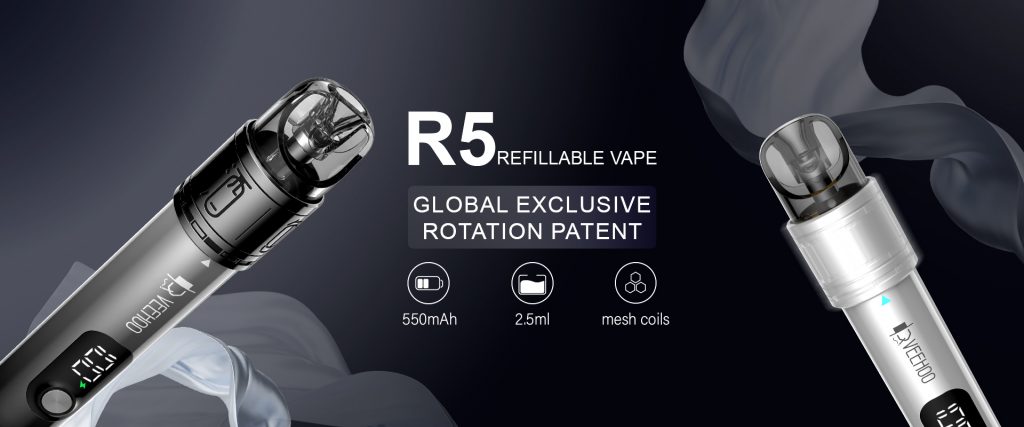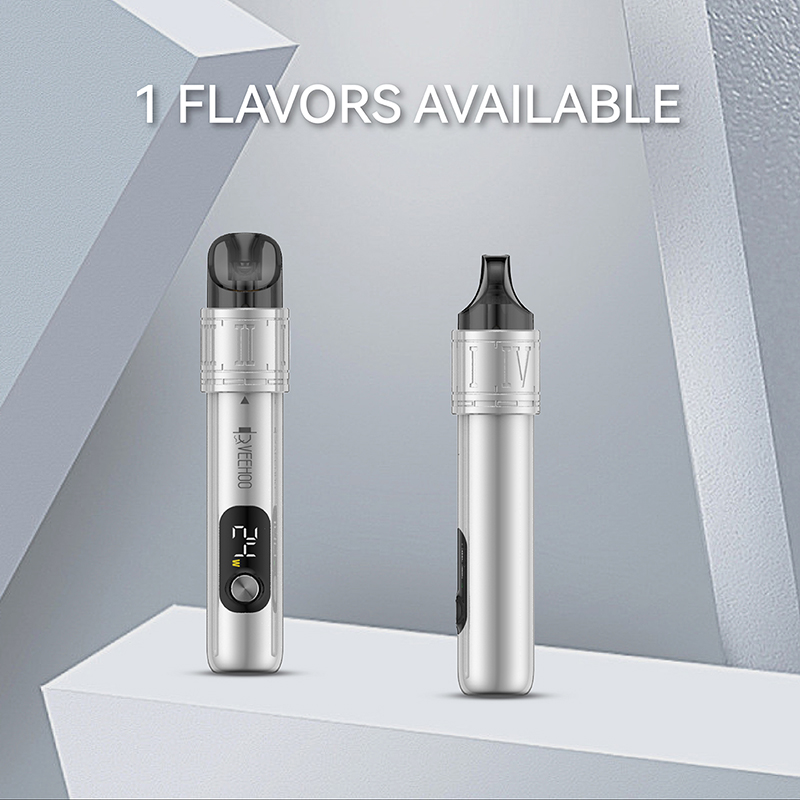Recently, an internal document about the EU’s plan to impose high consumption taxes on nicotine pouches was accidentally leaked, triggering fierce controversy in the fields of public health, economy and law in Europe. If this policy is officially implemented, it may not only reshape the market structure of new nicotine products in Europe, but also directly impact e-cigarette and harm reduction product companies represented by VEEHOO, while increasing the risk of cross-border smuggling and black market transactions.
According to the leaked document, the EU intends to include nicotine pouches in the regulatory framework of the Tobacco Excise Directive, impose a tax rate similar to that of traditional tobacco products (about 60%-80%), and require all products to pass a strict safety certification process. Nicotine pouches, as a nicotine-free alternative that has emerged in recent years, have long been in a regulatory gray area because they do not contain tobacco ingredients. The European Commission said the move is aimed at “eliminating regulatory loopholes and reducing the risk of youth addiction”, but this explanation was strongly opposed by the industry.

The core of the dispute lies in the contradiction of regulatory logic: although nicotine pouches contain nicotine, their tobacco-free and non-combustion characteristics make them regarded as a safer alternative to traditional cigarettes. The World Health Organization (WHO) 2022 report pointed out that the carcinogen content of nicotine pouches is only 1%-5% of that of traditional cigarettes. The EU’s one-size-fits-all taxation plan has been criticized as “treating harm reduction products the same as traditional tobacco”, which may weaken consumers’ willingness to switch to low-risk products.
For the European nicotine pouch market, high tax rates directly threaten the survival space of the upstream and downstream of the industrial chain. Take Sweden as an example. As the world’s largest consumer of nicotine pouches (accounting for 40% of the total sales in the EU), its local companies have warned that “doubling the tax rate will cause at least 30% of brands to withdraw from the market.” The German Electronic Cigarette Association (VdeH) estimates that the new tax system may increase retail prices by 50%-70%, causing consumers to return to traditional cigarettes or turn to illegal channels.

As one of the top three e-cigarette brands in Europe in terms of market share, VEEHOO has expanded its user base by developing nicotine bag product lines in recent years. Its star product “VEEHOO T9” has a large market share among young working people in Germany, Poland and other countries with its precise nicotine release technology and customizable flavors.
The EU law enforcement agency Europol has warned in the “Illegal Tobacco Trade Assessment Report” released in 2023 that the profits from smuggling nicotine bags may increase by 300% due to the taxation plan, becoming an emerging criminal area after drugs and weapons. At present, underground factories in Eastern Europe have begun to produce counterfeit nicotine bags, which cost only 1/5 of legal products and are distributed through social media and dark web channels. The smuggling case seized at the Lithuanian border showed that criminal groups even mixed nicotine bags with food and used the inspection-free channel within the EU to infiltrate the market.

Even more serious is the safety risks of black market products. In March 2024, the French health department found that the nicotine content of illegal nicotine bags exceeded the standard by 4 times and contained undeclared synthetic additives. Such products not only threaten consumer health, but also increase the burden on public health – contrary to the original intention of policy making.
The EU’s nicotine bag tax plan exposes the global problem of new consumer product regulation: how to find a balance between technological innovation, commercial interests, public health and crime prevention. For companies like VEEHOO, this crisis is both a test of survival and an opportunity to promote industry standardization. If policymakers insist on the simple and crude “tax lever”, they may repeat the failed history of the US Prohibition in the last century; only through scientific argumentation and multi-party consultation can real harm reduction and social win-win be achieved.
Tags: flavored e-cigarettes, ceramic physicochemical core, nicotine pouch, veehoo vape